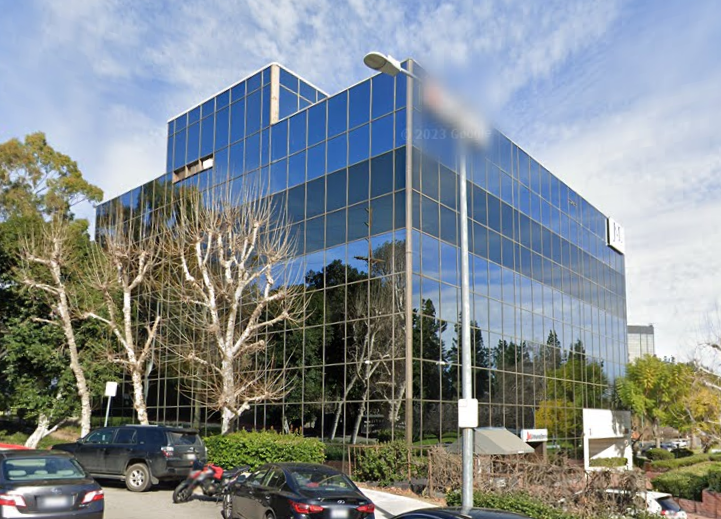Warner Park Recovery Center
Overview
Located in Woodland Hills, California, Warner Park Recovery provides outpatient addiction treatment programs that are specifically designed for individuals who are dedicated to overcoming substance abuse while simultaneously fulfilling their daily obligations. The facility offers a wide range of services to facilitate recovery, such as intensive outpatient programs (IOP), family counseling sessions, and aftercare support. These services are both flexible and comprehensive. Warner Park Recovery is inclusive, with no particular emphasis on gender-specific or faith-based approaches, thereby guaranteeing that all individuals in need of assistance can access their services.
The facility employs a diverse array of treatment modalities, including Cognitive Behavioral Therapy (CBT), activity therapy, conflict management, and holistic approaches. Warner Park Recovery underscores the significance of family and social relationships in the recovery process and provides resources to assist individuals in identifying and preventing relapse triggers.
Warner Park Recovery Center at a Glance
Payment Options
- Cash or self-payment
- Private health insurance
- Self-pay options
- Cigna
- Anthem Blue Cross and Blue Shield
Assessments
- Comprehensive mental health assessment
- Comprehensive substance use assessment
Age Groups
- Adults
Ancillary Services
- Case management service
Accreditations
LegitScript:

The LegitScript Accreditation signifies an organization's commitment to ethical and high-quality care in the field of addiction treatment and behavioral health. This accreditation allows treatment providers to be included in Google's network, ensuring compliance with HIPAA privacy regulations.
The Joint Commission:

The Joint Commission accreditation signifies that a facility has met rigorous standards of excellence in patient care, treatment, and safety. It assures individuals and healthcare professionals that the accredited facility provides high-quality, evidence-based care for addiction and mental health issues, fostering trust and confidence in their services.
Registration: 628888
Treatment At Warner Park Recovery Center
Treatment Conditions
- Mental health treatment
- Alcoholism
- Substance use treatment
- Co-occurring Disorders
Care Levels
- Partial Hospitalization Program
- Intensive outpatient treatment
- Detoxification
- Outpatient
Treatment Modalities
- Group counseling
- Trauma-related counseling
- Individual psychotherapy
- Life Skills
- Cognitive Behavioral Therapy
Ancillary Services
Languages
- English
Special Programs
- Clients who have experienced trauma
Contact Information
Read our Most Recent Article About Drug Addiction
DISCLAIMER: The facility name, logo and brand are the property and registered trademarks of Warner Park Recovery Center, and are being used for identification and informational purposes only. Use of these names, logos and brands shall not imply endorsement. BetterAddictionCare.com is not affiliated with or sponsored by Warner Park Recovery Center.
Your Addiction Doesn't Have To Define Who You Are.
You deserve high-quality treatment and a fulfilling life in recovery.
By calling us, you agree to our Terms & Conditions










